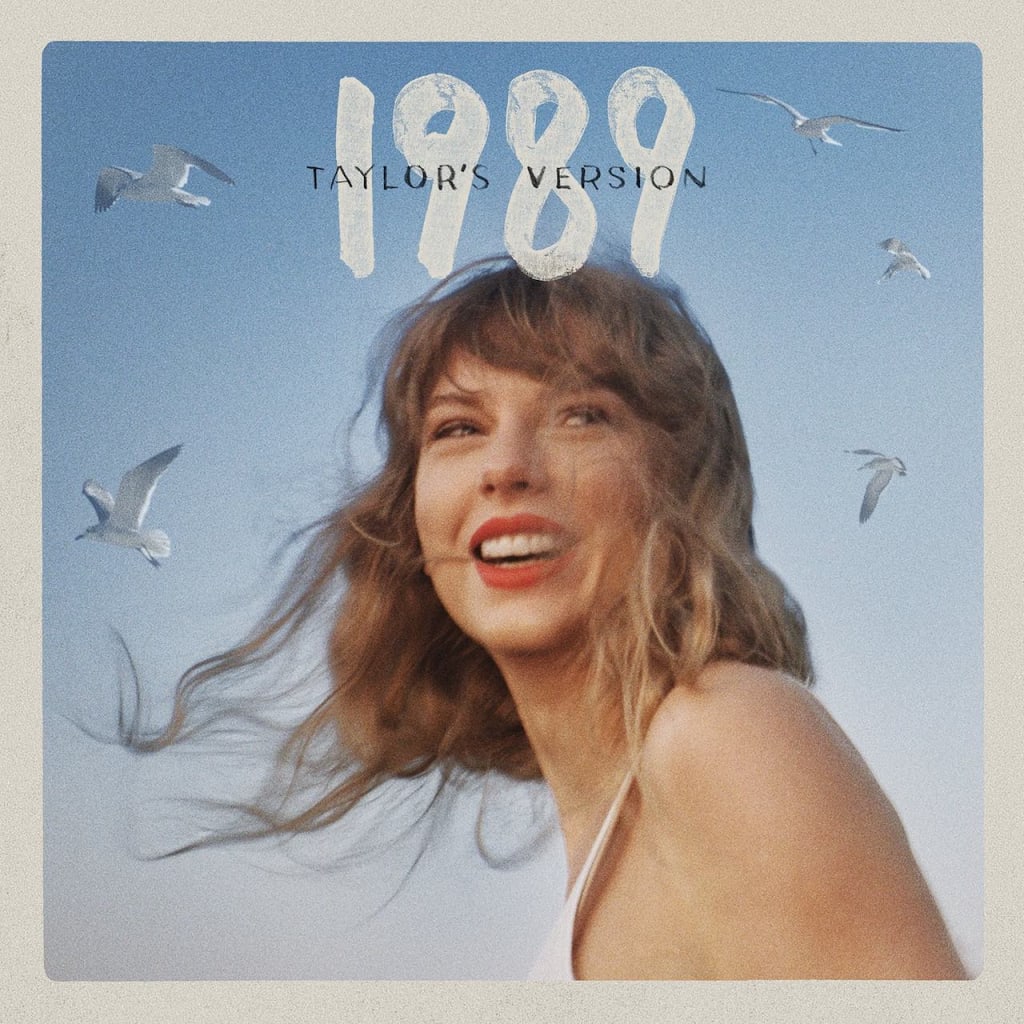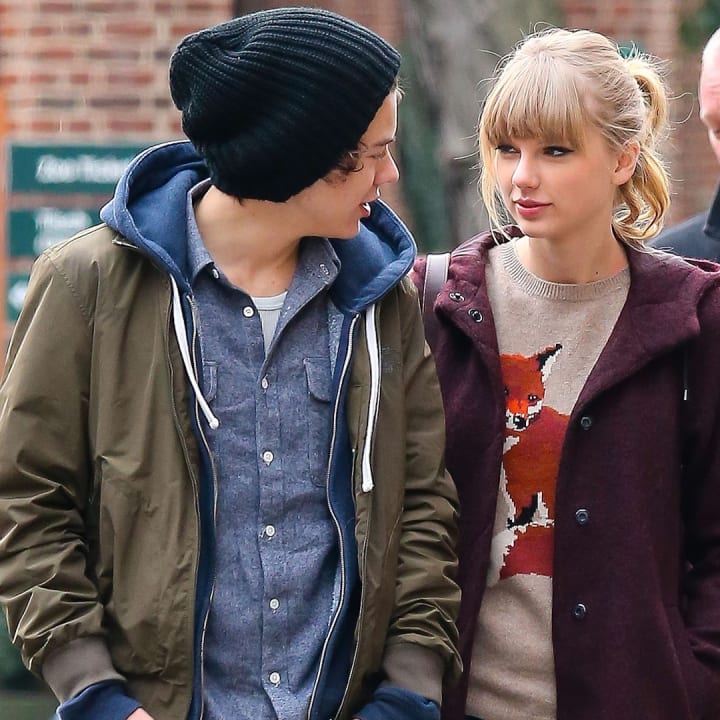Taylor Swift's Journey of Musical Reclamation: A Deep Dive into '1989: Taylor's Version
Taylor Quick’s 1989: What’s happening on Taylor’s Form and why has she re-recorded it?

In the ever-evolving landscape of the music industry, artists have faced numerous challenges, from the battle for creative control to ownership of their own work. Taylor Swift, a global superstar, has been at the forefront of this battle, aiming to regain control of her music catalog. In recent years, Swift has embarked on a mission to re-record her early albums, known as “Taylor’s Versions,” to reclaim ownership and bring fresh perspectives to her iconic songs. The latest release in this journey is the reimagined “1989: Taylor’s Version,” which has sent Swifties and music enthusiasts into a frenzy. In this blog, we’ll delve into the significance of this re-recorded album, the new tracks it offers, and what it means for Taylor Swift’s career.
The Significance of “1989: Taylor’s Version”
“1989: Taylor’s Version” is more than just a re-recording; it’s a statement of artistic ownership. The journey began when music mogul Scooter Braun acquired the rights to Swift’s early recordings, causing a public dispute and leading to Swift’s decision to reclaim her music. “1989” was a pivotal album in her career, earning her the Grammy Award for Album of the Year. The re-recorded version signifies Swift’s determination to regain control of her art, a feat that has inspired many artists in similar situations.
Technical Glitches and Fan Frenzy
Upon its release, “1989: Taylor’s Version” sparked a surge of excitement among Swift’s dedicated fanbase, affectionately known as Swifties. The demand for “Taylor’s Version” caused technical glitches on various streaming platforms, leading fans to celebrate their collective power and dedication to their favorite artist. It is a testament to the unbreakable bond between Swift and her fans and a reflection of the impact she has had on their lives.
The New Tracks
In “1989: Taylor’s Version,” Swift treats fans to five previously unheard tracks, offering a glimpse into her creative process during the original album’s recording. These tracks include “Skank!,” “Say Don’t Go,” “Now That We Don’t Talk,” “Rural Legends,” and “Is It Over Now?” While these additions may not match the original hits in terms of popularity, they provide a unique opportunity to explore Swift’s musical evolution.
“Skank!” is a Swiftian love song that captures the essence of her songwriting, blending sweetness with a touch of melancholy. “Say Don’t Go” showcases Swift’s ability to convey complex emotions through her lyrics and melodies. “Now That We Don’t Talk” takes us on a journey through a fading relationship, a theme that Swift has mastered over the years.
“Rural Legends” offers a poignant reflection on turning a blind eye to a partner’s flaws, painted with vivid imagery in Swift’s storytelling. However, it’s “Is It Over Now?” that has captured the most attention. With lyrics hinting at an ex-lover being a “lying backstabber” and speculations about the subject of the song, it has ignited discussions about Swift’s personal life and past relationships. Many fans believe that it references her relationship with Harry Styles.
Is Harry Styles the Subject of “Is It Over Now?”

The speculation surrounding “Is It Over Now?” is not unfounded. Taylor Swift has a history of writing songs inspired by her personal experiences, and her relationship with Harry Styles was widely covered in the media. The song alludes to the infamous Harry Styles snowmobile incident and even mentions the “Sad Taylor Boat” meme, where Taylor was seen vacationing alone after their breakup. The lyrics accuse an ex of being a “lying deceiver” and suggest that they publicly flaunt their new relationships. Swift even hints at the idea that every new girlfriend of this ex looks like her. While it’s not definitive, many fans have connected the dots and concluded that Styles is the subject of the song.
The Musical Evolution of Taylor Swift
One noticeable aspect of “1989: Taylor’s Version” is the maturation of Swift’s voice. As time has passed, her vocal tone has deepened, and her singing has become more fluid and effortless. Swift has taken the extra step to match the tones and nuances of her younger self. This transformation is a testament to her growth as an artist and her commitment to delivering the best possible reimagining of her past work.
Critical Acclaim and Fan Support
“1989: Taylor’s Version” has received critical acclaim, with music critics praising the flawless reimagining of her most iconic pop album. Neil McCormick described it as a “victory,” highlighting the five new tracks that enrich the original album. The release of the album has also led to further appreciation of Swift’s artistry, with Ludovic Hunter-Tilney from the Financial Times acknowledging the album’s reflection of young adulthood and relationships gone awry.
What to expect from the newly released 1989?
“1989: Taylor’s Version” is not just a re-recording of an iconic album; it’s a bold statement of Taylor Swift’s fight for artistic ownership and creative control. It demonstrates her ability to connect with her fans on a profound level and her unwavering dedication to her craft. The new tracks provide a fresh perspective on her musical evolution, and the speculations about her past relationships add an extra layer of intrigue to the album. With every “Taylor’s Version” release, Swift is rewriting her own narrative, and her fans continue to stand by her, eager to support her journey. The reimagining of “1989” serves as a reminder that artists should have the power to control their own legacy, and Taylor Swift is leading the way in this important endeavor.
About the Creator
Enjoyed the story? Support the Creator.
Subscribe for free to receive all their stories in your feed. You could also pledge your support or give them a one-off tip, letting them know you appreciate their work.






Comments (1)
It seems you should own your own songs